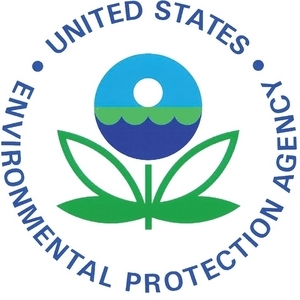EPA Inspector General recommends improvements to RFS monitoring

September 25, 2013
BY Erin Voegele
The U.S. EPA Office of Inspector General has released a report recommending ways the agency should improve monitoring activities for the renewable fuel standard (RFS) program. According to the report, the audit was conducted in response to the generation of millions of dollars of fraudulent renewable identification numbers (RINs), and aimed to determine if EPA has assessed program risk and designed necessary controls in the RFS program.
According to the report, the EPA did not track submission of third-party engineering reviews or annual attest engagements because it does not have an electronic monitoring system for those reports. Until these materials are tracked, the Office of the Inspector General said the agency can’t be sure that program participants are complying with regulations. However the EPA recently implemented electronic reporting requirements for attest engagements and said it intends to do the same for engineering reviews by the end of the year.
The report also notes the investigation was unable to determine if there is overlap in parties completing the third-party engineering reviews and attest engagements. In addition, it specifies that regulations currently do not preclude the same third party from completing multiple requirements and other reporting responsibilities, allowing for potential overlap. This could result in a conflict of interest if the same third party reviews its own work.
Advertisement
The Office of Inspector General recommends that the EPA Office of Air and Radiation modify existing systems to track the submission of reporting requirements, and recommends requiring electrical submittal of all reporting requirements for the RFS, including third-party engineering reviews and attest engagements. It also suggests the EPA revise regulations to include specificity on independence requirements.
The EPA’s Office of Air and Radiation has agreed with the report’s recommendations and is addressing them. As of May 2013, the EPA began requiring attest engagement reports to be submitted electronically. Engineering reviews are expected to be collected electrically before the end of the year. In its response to the recommendations, the EPA also noted that the ability to track the electronic submissions be will a part of future EPA Moderated Transaction System (EMTS) development, targeted for completion during the third quarter of 2015. The EPA also noted it expects to make a policy decision concerning the third-party independence in the final rule for the quality assurance program.
Advertisement
Related Stories
The U.S. Department of Commerce has disbanded an advisory committee that provided the agency with private sector advice aimed at boosting the competitiveness of U.S. renewable energy and energy efficiency exports, including ethanol and wood pellets.
Iowa’s Renewable Fuels Infrastructure Program on March 25 awarded nearly $3 million in grants to support the addition of E15 at 111 retail sites. The program also awarded grants to support two biodiesel infrastructure projects.
Effective April 1, Illinois’ biodiesel blend requirements have increased from B14 to B17. The increase was implemented via a bipartisan bill passed in 2022, according to the Iowa Soybean Association.
Agriculture Secretary Brooke Rollins on March 31 visited Elite Octane LLC, a 155 MMgy ethanol plant in Atlantic, Iowa, to announce the USDA will release $537 million in obligated funding under the Higher Blends Infrastructure Incentive Program.
The U.S. EPA on March 24 asked the U.S. District Court for the District of Columbia to dismiss a lawsuit filed by biofuel groups last year regarding the agency’s failure to meet the statutory deadline to promulgate 2026 RFS RVOs.
Upcoming Events










